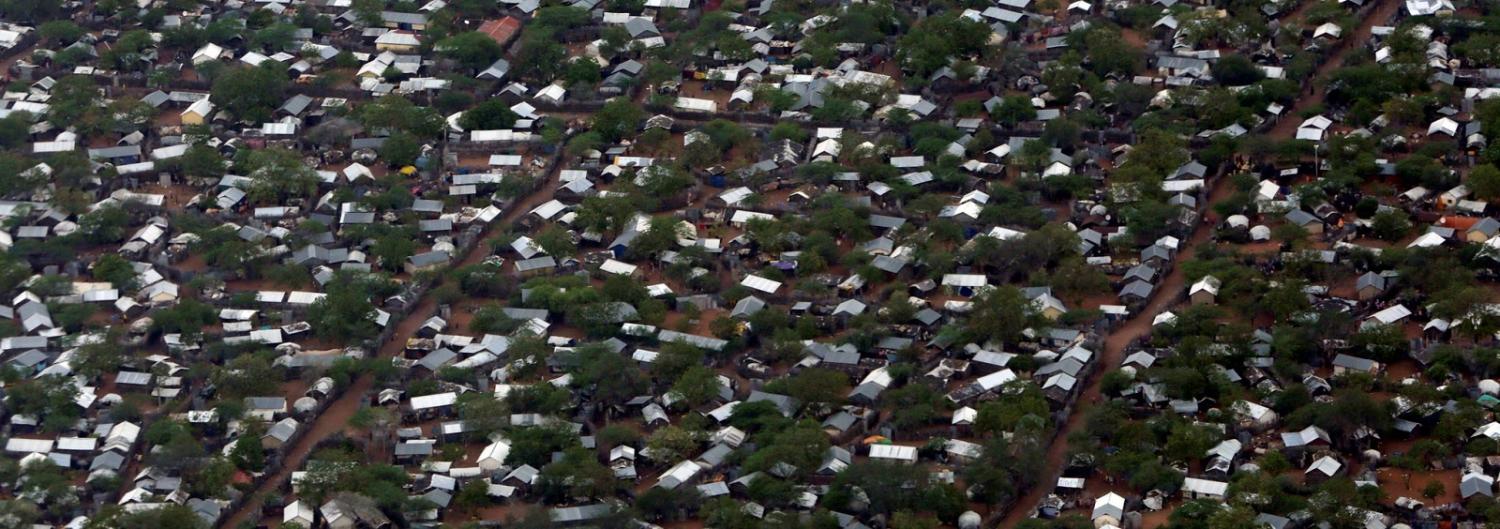By Daniel Thambar, an intern with the Lowy Institute’s Migration and Border Policy Project.
- The Kenyan government’s bid to close the largest refugee camp in the world (the Dadaab camp) has been blocked by the high court.
- The Migration Policy Institute (MPI) released a report that looks at the mobility of skilled workers in ASEAN member states, and highlights how highly skilled workers are being under-utilised in the region.
- Paolo Boccagni, writing for Comparative Migration Studies, investigates how migrants’ aspirations develop over time, building on a study of 224 immigrant domestic workers in Italy.
- In a recent report, Germany’s migration commissioner, Aydan Oezoguz, urges people to regard migration as something 'normal', and the government to grant limited electoral rights to non-naturalised migrants.
- The International Organisation for Migration (IOM) identified 213 victims of trafficking in Slovakia in the last 10 years. IOM has developed a new mobile app to help combat this issue.
- IOM published the Iraq Community Stabilisation Handbook which looks at the social and economic conditions in 15 Iraqi governorates, and outlines some of IOM’s key achievements in those areas.
- Alex Gray published a blog on 'Which countries have the most immigrants?' for the World Economic Forum, collating visual data from the Daily Telegraph and MPI.
- Nauja Kleist from the Danish Institute for International Studies and Dorte Thorsen from the University of Sussex released a new book, Hope and Uncertainty in Contemporary African Migration. See a summary of the book here.
- Human Rights Watch released a report titled 'Pakistan Coercion, UN Complicity: The Mass Forced Return of Afghan Refugees', which describes the coercive factors that caused Afghan refugees to leave Pakistan en masse in 2016.

